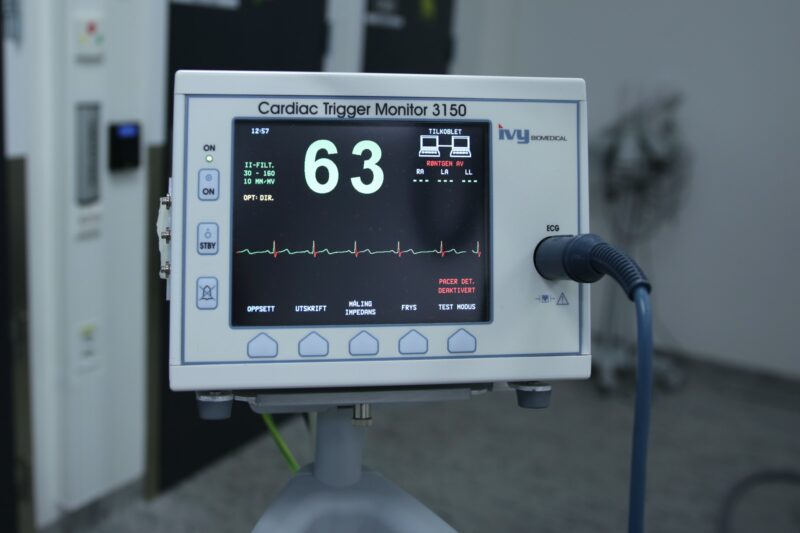How Does the Sunshine Act Apply to Device Manufacturers?
In 2010, President Obama signed the Affordable Care Act into law. This law sought to make major reforms in the health care delivery system. One of the goals was to increase transparency in health care.
The Physician Payments Sunshine Act is part of this law. Also known as the Sunshine Act, it sets forth a reporting rule. It calls for certain companies to report payments they make to specific entities.
Medical device manufacturers must follow this law. Read this article to learn how it affects medical device manufacturers.
What Is the Sunshine Act
The Sunshine Act is a section of the Affordable Care Act. It requires the Centers for Medicare and Medicaid Services to collect specific information. This agency must collect and display payments made by medical device manufacturers.
It applies to payments and other transfers of value between manufacturers and physicians. It also applies to payments and other transfers of value made to teaching hospitals.
Manufacturers of drugs, devices, and other medical supplies must report this information. They must report it to the Secretary of HHS. They must do this every year.
This law also requires applicable manufacturers to report other important information. They must report information about ownership or investment interests held by physicians. Immediate family members of physicians who own such a company must also follow the law.
Physicians who must adhere to this law include medical doctors and doctors of chiropractic medicine. It also includes doctors of podiatry, doctors of optometry, and dentists.
What Types of Payments and Other Transfers of Value Must These Companies Report
Medical device manufacturers must report specific information. This includes the costs of meals they provide doctors. The company must report the exact cost.
Travel and lodging makeup another reportable category. This includes travel expenses to conduct business-related activities. Lodging expenses include costs of traveling between residence and place of business.
Physicians who receive payment for travel and lodging must report it. It’s common for physicians to report it together with food and beverage reimbursements.
Physicians who serve as consultants and receive consulting fees must report it. This can include consulting fees for designing a research protocol. It also includes the payment the physician receives to use a new product and to give feedback on it.
Payments for speaking engagements also fall under this category. If a physician receives money for promotional speaking it must be reported.
Exceptions to Reporting Payments
There are exceptions to this rule. Manufacturers don’t have to report transfers of value of $107.91 each. They do have to report transfers of $107.91 in the aggregate within the calendar year.
Manufacturers don’t have to report educational materials. This is the case if these materials benefit patients. The same goes for product samples.
Items for charity care are also part of the exception. Discounts and rebates also fall under this exception.
Buffet meals and beverages made available to participants don’t have to be reported. This includes conferences and other large-scale events. Office staff meals are also part of the exception to the law.
Does the Sunshine Act Preempt State Disclosure Laws
You might be asking, “What if my state already has disclosure laws?” If this is the case in your state, you must follow the Sunshine Act. The Sunshine Act overrides state laws and regulations.
You must understand how this law works. You must adhere to this law to avoid any issues.
If you have any questions or concerns about this law, you can contact the Compliance Hotline. There’s also a website you can visit to get more information. The Centers for Medicare and Medicaid Services facilitates both of these resources.
What Level of Detail Does the Sunshine Act Report
The Sunshine Act outlines specific information to report with each payment or other transfer of value. This includes the name and address of the business. The name of the device must be reported as well.
The physician’s specialty must be part of the information. The physician’s NPI and state license number must also be part of the information.
A description of the form of physician payments must be included. This description must state if the payment was in the form of cash, stock, or an item. The description must verify the date of the payment.
Companies that sell medical devices can’t decline to report this information. They must adhere to this federal law as there isn’t an option to opt-out.
Can Physicians Review and Dispute Payments
Physicians do get an opportunity to review the information before it’s to be posted to the public. Physicians have 45 days to review the data. Within 45 days, physicians can dispute a payment.
If there’s a failure to dispute a payment within 45 days, 15 more days are provided to reach a resolution. The data will appear on the public webpage as “disputed”.
Physicians can use an HCP platform to review and dispute reports. Physicians must know how to work this tool. It gives them the right to fix what they believe are false, inaccurate, or misleading reports.
Device Manufacturers Must Adhere to the Sunshine Act
The Sunshine Act is an important federal law. It helps to create transparency in health care. The public can learn about financial relationships that exist between manufacturers and physicians.
If a medical device manufacturer pays a physician it must be reported. Medical device manufacturers must disclose this to the Centers for Medicare and Medicaid Services.
Make sure to explore the rest of our blog to continue reading more great articles.




